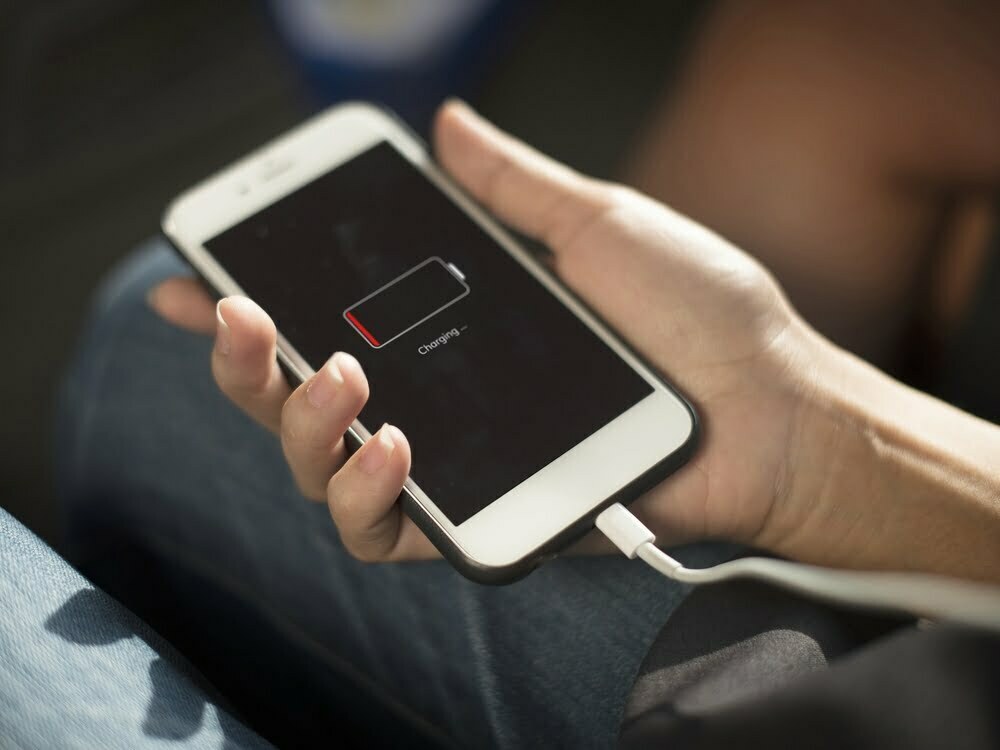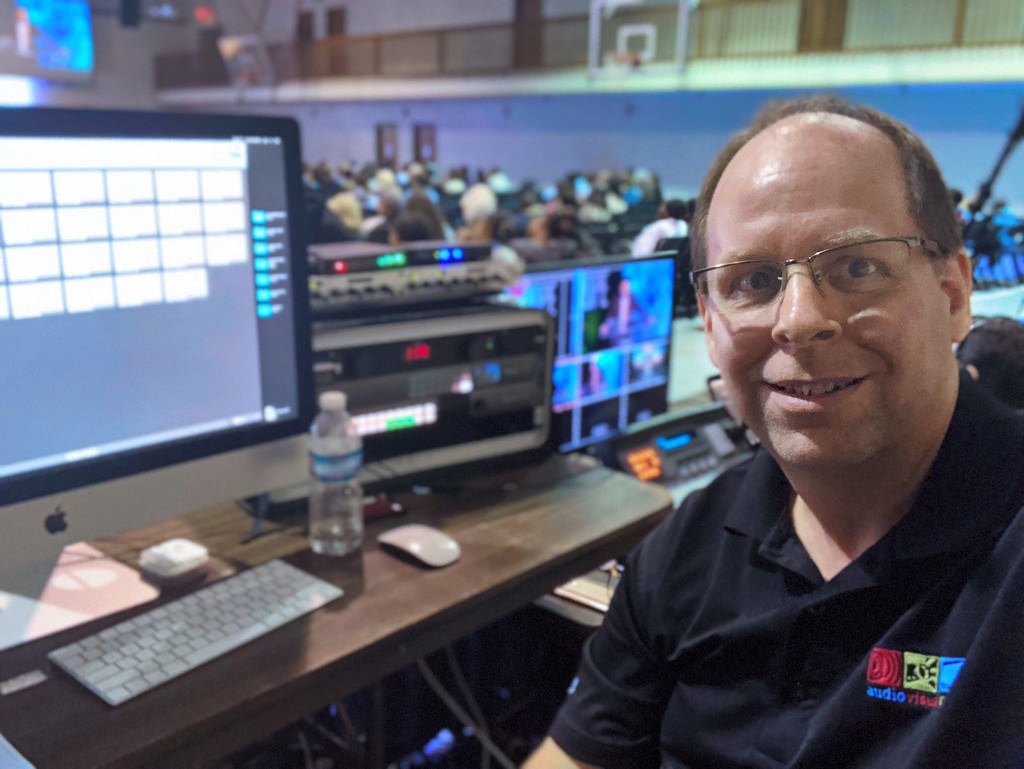South Africa’s two largest network providers said that cellular network connectivity might soon be disrupted if load shedding continues or worsens.
Eskom implemented stage four load shedding for the first time in history on Monday morning, after seven generating units tripped, leaving up to 20% of South Africa without electricity at a time. Load shedding (stage 3) continued on Tuesday and into Wednesday.
Jacqui O’Sullivan, MTN South Africa’s executive for corporate affairs, said the operational impact would first be felt where the load shedding frequency exceeded the backup batteries’ capacity.

She said their batteries generally have a capacity for six to 12 hours and require roughly 12-18 hours to recharge. “Where consecutive load shedding took place, batteries were unable to recharge fully, resulting in reduced back-up times,” O’Sullivan told Business Insider South Africa.
She said MTN spent more than R100 million in the past year dealing with acts of theft and vandalism and had to deploy security teams to protect the equipment.
“These crimes tend to spike during load shedding when the lack of power sees substations being vandalized for copper wire which then further exacerbates the power supply problem.”
Vodacom said their clients would not access any services when backup power at their towers becomes depleted. When the power is restored, customers will be able to catch up on missed calls and messages that would not have come through.
“It is, however, worth noting that when compared with our total network traffic, the recent impact on Vodacom’s network has been limited due to our back-up power facilities,” a Vodacom spokesperson said.
MTN’s O’Sullivan said the uncertainty surrounding load shedding and its duration, particularly, puts additional strain on their network.
She said the duration and frequency of load shedding compromised their batteries which increases operational costs. “We want our customers to be able to continue communicating and working, despite the electricity interruptions, and we have operations teams working 24 hours a day to mitigate the impact on our customers, as far as we possibly can,” O’Sullivan said.







